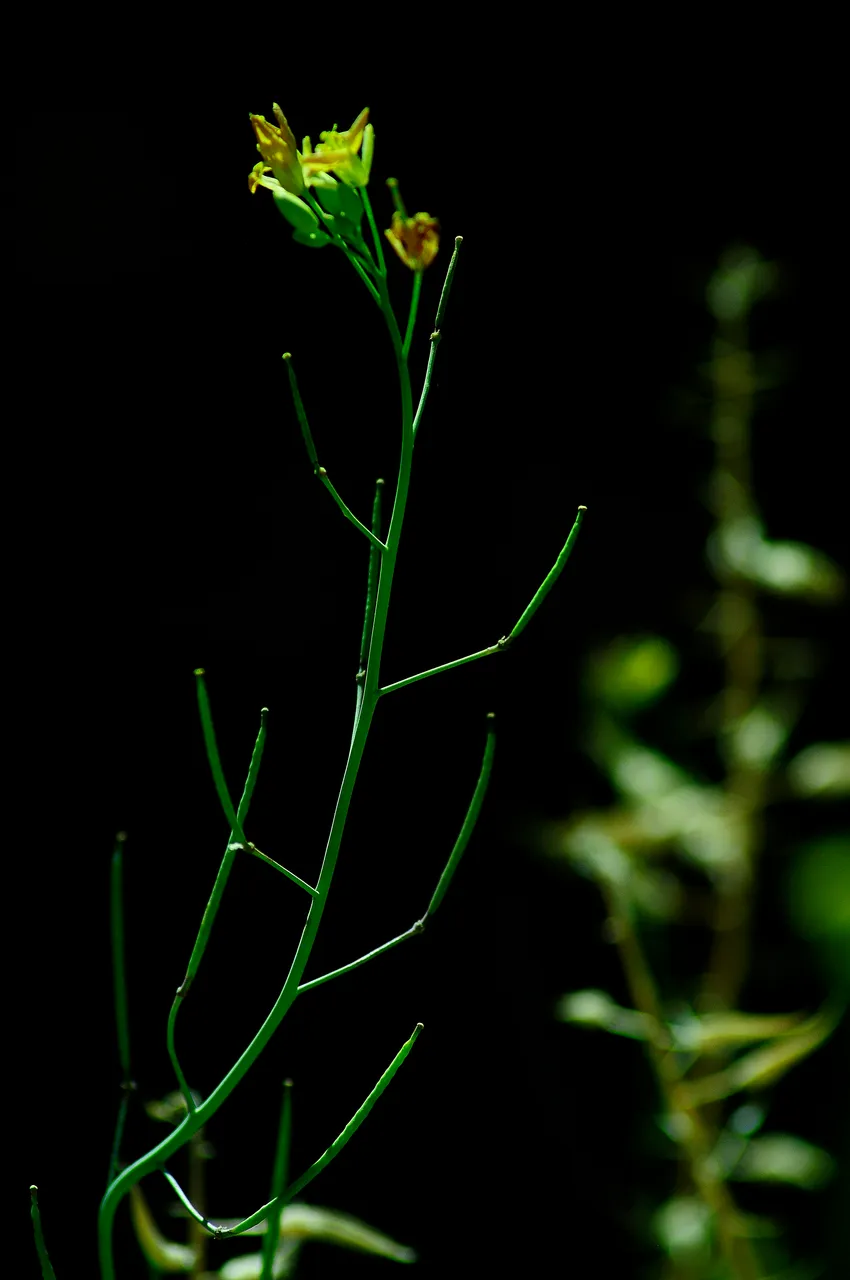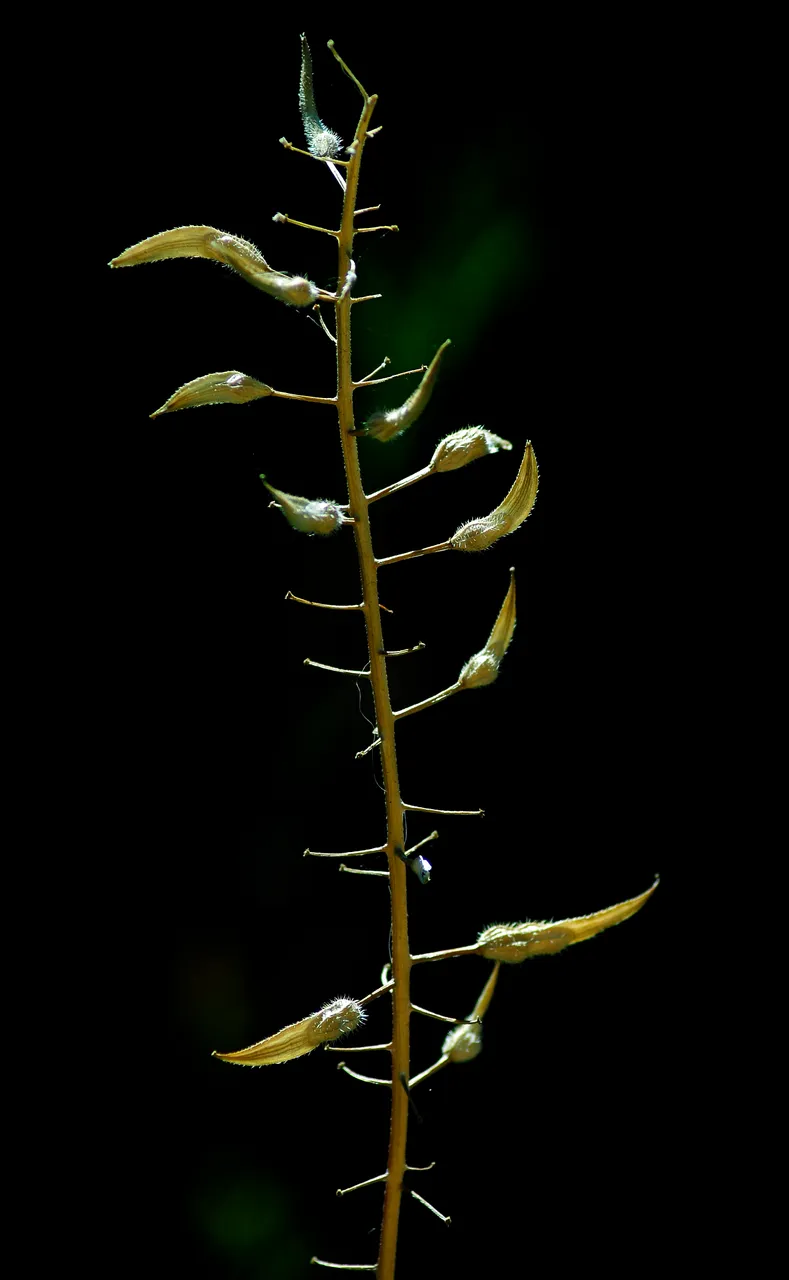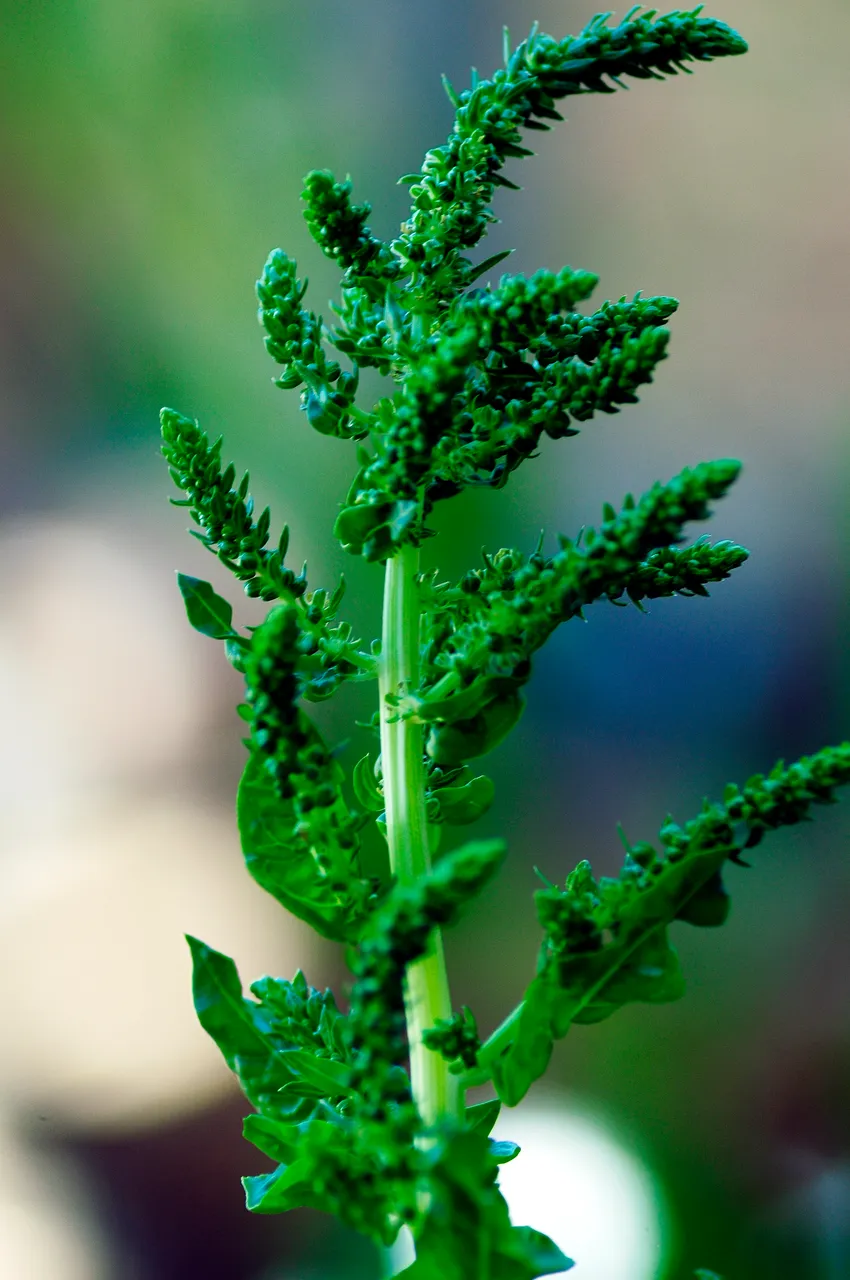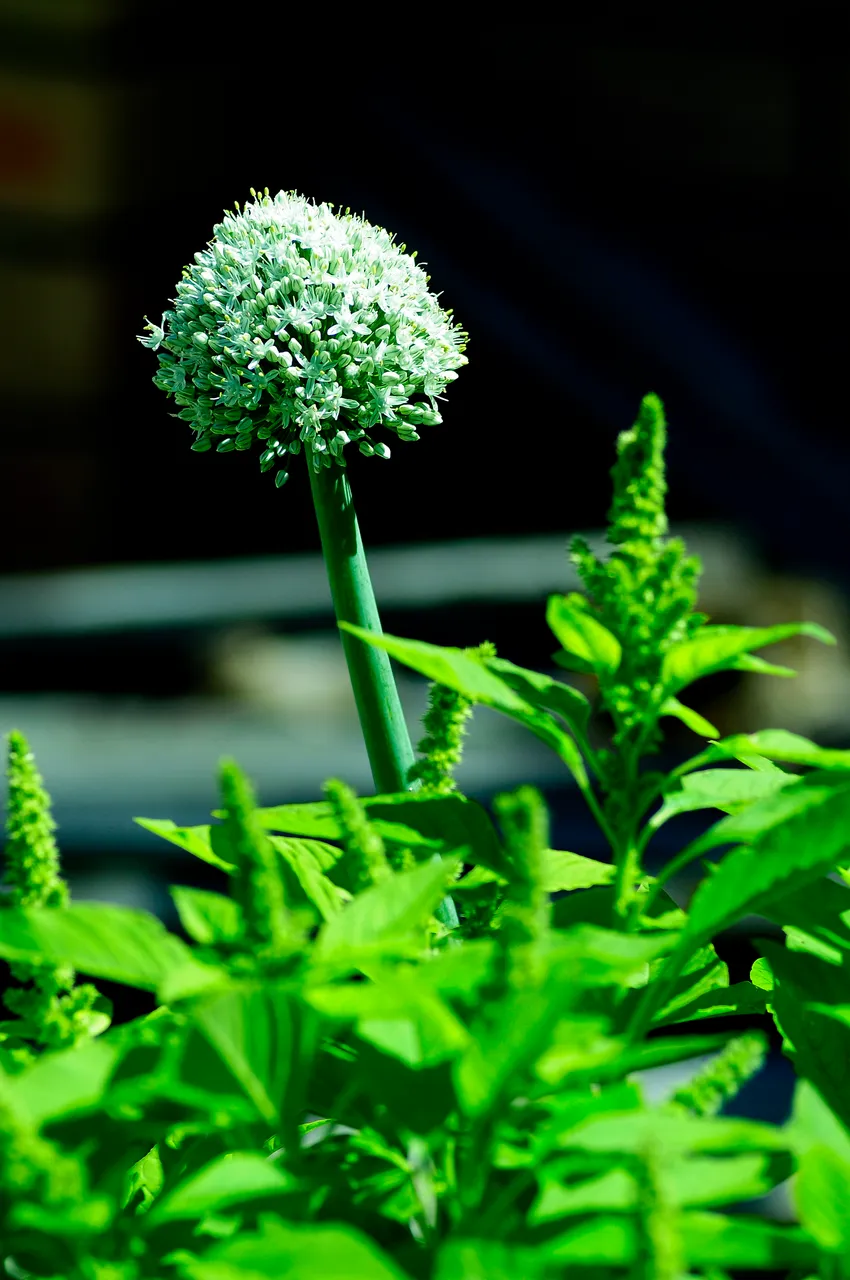
The mentality of saving seeds is becoming all the more foreign. It is becoming easier and cheaper to buy them online or even to just buy produce at the store. But that is a problem for another post! Today I want to write about the virtues of saving seeds. Some plants reproduce via other methods, but for the most part, herbs will be either bi-annual or annual that reproduce primarily via seed. There are some weird plants like wild rocket (Diplotaxis tenuifolia) which is a perennial. But they also go to seed so easily and they spread like weeds throughout the garden. In any case, if you want to have peace of mind, a feeling of sustaining yourself, a sense of longevity, and a possibility of abundance, seed saving is necessary.
In the following post, I will go into some depth about what I feel are the four virtues of seed saving. Firstly, as alluded to, saving the seeds of your herbs will give you the security of having produce the next planting season. Secondly, there are some seeds that are more nutritious for us to eat, and we cannot really eat the herb or plant. Thirdly, some plants are not readily available to buy and are sometimes not available at all. Harvesting them becomes essential. And, fourthly, saving seeds will provide you with so much more knowledge about how plants grow and if you follow the idea of eating seasonal, knowledge about seeds becomes essential. Please do read on if you want a more in-depth discussion! Hopefully, you learn something new or at least reaffirm what you already know.
Virtue One: Security and Abundance

Yellow mustard that went to seed.
Some plants love to self-seed. Or, if you leave the seeds to drop naturally to the ground, they will come back year-round. Recently, my purslane (portulaca oleracea) began to grow after half a year of dormancy. I tried to save some seeds, but they produce so much that I did not see the use in doing it. But this mentality – leaving plants to self-seed – has some drawbacks. For one, you cannot choose where they will sprout and grow. You can transplant the seedlings, but this will always be risky. Secondly, you are at the will of the gods, so to say. Some seeds will not make it (think, bugs and birds eating them) and sometimes they sprout too fast (after some light summer rains my common salad rocket (eruca sativa) is already sprouting but their growing season is for my climate between April and September). This last one is a big problem. Plant essentially want to grow, make seeds, and continue the cycle. Rocket that grows abundantly in the winter will produce only seed if it grows in the summer. Saving the seeds gives you the ability to plant or sow them at the right time.
Furthermore, it gives you a sense of security that you know you planted them. I wrote in a previous post that there is a period in which nothing grows and everything dies and goes to seed. This period will leave you anxious, as I was anxious about my purslane if it would come back. If you save seeds you will not have this stress on you.

Virtue Two: Eating the Seeds
There are some seeds that are more nutritious than the leaves (think, common wheat and corn). There are some seeds that we do not really know if the leaves are healthy or not (think, chia seeds from chia (salvia hispanica)). There are some seeds that are just as nutritious as the herbs'/plants' leaves (think, amaranthus and common mustards (e.g. yellow mustard (sinapis alba) and black mustard (Brassica nigra)). So there is real worth in growing some foods for their seeds.
I am not going to discuss the first group, that is, those we grow for the seed because the plant itself is not that nutritious. Yes, there are people who eat wheat grass etc., but I am much more interested in the latter two categories: plants we grow for the seed because we cannot eat the plant, and plants we grow that we eat whilst we wait for the seeds that we also eat.
I am not sure if we can eat chai leaves. I have done some research over the years, but the jury is still out. (Maybe you have read something somewhere, please comment down below!) But I have grown chia for many years. The plant looks similar to mint, but it grows much more like basil. Another example is linseed or flaxseed (Linum usitatissimum). I am not sure if the leaves of the plant are edible, but you would not want to eat them. The stalks are very rigid and have been used traditionally for weaving if I remember correctly!

The second category of seeds is my favorite. Not only are the seed super healthy and tasty, but you can also harvest the leaves from the plant as it grows and goes to seed. Various plants fall into this category that I grow, exactly for this reason. My favorite that is currently growing is common purslane and amaranthus varieties (amongst others, tri-color and green amaranthus). Amaranthus or amaranth is one of my favorites because of the number of seeds they grow. I will cover this in virtue four, but the number of seeds that one plant produce is staggering. It grows exponentially if you have the space to grow them. Plus, they grow really fast. You will have so many leaves to harvest that you can use like spinach. Plus, at the end of the growing season, you will have lots of seeds you can eat!

Virtue Three: Harvesting Seeds You Cannot Buy
Some plants are wild and so-called weeds. Finding their seeds in the store or online becomes harder but not impossible if you live in areas where people grow that plant. But, for example, I am not aware of anyone selling common dandelion (taraxacum officinale) in my local area. Asking the shops will cause them to think you are crazy. The response will be in my local language: "Wat sal jy dan met 'n bossie wil maak?" (What would like want to do with a weed?). I waited until there were some dandelions in my area that went to seed, I took the seeds and planted them in my garden. I waited for these plants to seed and I stored their seeds. Now I have so many dandelion seeds!

Harvesting these seeds, as mentioned, becomes essential if you want them to grow. Some self-seed, like dandelions and purslane, but others do not. One reason for this is that the plant does not produce enough seeds for the plant to grow if some of the seeds do not make it. I cannot think of an example now, but plants like dandelions and purslane produce enormous amounts of seeds. Not every seed germinates, not every plant that germinates survives. But there are a lot. Plants that do not do this will less likely survive. Seed saving is essential.
Virtue Four: The Abundance of Produce

If you know how a plants' life cycle is, you will have the knowledge of how the plant grows and when. You will be able to understand how it grows better and this will give you the power to actually get an abundance of food. Swiss chard (Beta vulgaris subsp. vulgaris) is a very hardy plant that grows an abundance of food. It is a bi-annual, meaning it flowers and goes to seed in the second season. For roughly a year and a half you will have so much food from a single plant. Because you know this beforehand, you can plan and plant accordingly, so that you will never run out of food. Plus, some plants give so much seed, you will virtually never run out of seeds. My favorite plant regarding this is the common salad rocket.
As it is summer now, most of my salad rocket has been cut. I left some to self-seed, but after some unexpected rain, they are already sprouting. I think they will die soon with the December heat. In any case, I have collected jars full of rocket seeds throughout the years. Below I share some images of just how many seeds they make.



I count *sixteen seeds in that single seedpod. One plant can have over a hundred of them. You can have hundreds of rocket plants close together. Do the maths. That is really a lot. And when you grow common salad rocket plants further away from each other, the leaves become enormous. I have harvested leaves twice the size of my hand. In any case, the sheer amount of plants you can plant with so many seeds (if you have the space) is mind-boggling. When you begin to store seeds, the idea of abundance starts to take root in your mind.
Conclusion: Have Fun

Growing your own food should be fun. But the idea that you should have in your mind if you want to become less dependant on shops and others, is that you need to store seeds and become an "expert" on when and how plants go to seed. This will teach you valuable skills and it will make you even less dependant on others. You will also be able to grow certain types of food that few others will have access to. And, my favorite thing to tell people, you will never have the same fresh taste of herbs you just picked from any store. Growing things in the sun, in compost you made, watering it with rainwater you harvested, and so on, will get your herbs to grow so tasty and healthy. This is kind of a biased opinion, but there is psychological truth to it. If you actually put the work in and had fun doing it, your produce will taste so much better than store-bought versions of the same food. Psychology, bam!
In any case, I hope you learned something new. If you read everything, thank you so much for the 10 minutes you spent! All of the images are mine, taken with either a Nikon D300 or an iPhone. The musings are also my own thoughts whilst I garden. It is only then that you can think about these things! Most importantly, have fun and do your own research!